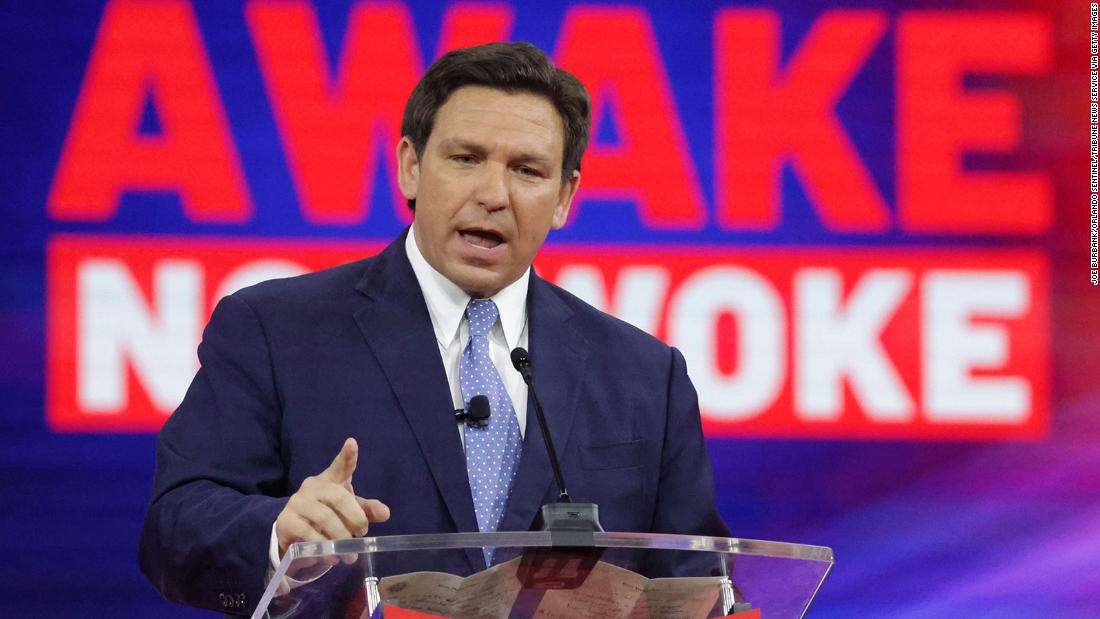
Once upon a time, many decades ago, “woke” was a term used mostly in Black spaces to underscore the importance of keeping a close eye on patterns of racism and oppression.
Language evolves, though, and sometimes in sinister ways.
Over the years, “woke” has lived other lives: as a rallying cry against police brutality, as an ironic meme and now as an imprecise term used to decry progressive action.
What are some of the earliest instances of people using “woke”?
“Woke” is tied to the idea of specific awareness of mechanisms of anti-Blackness. It’s more about the directive to be awake. In the philosophy and opinions of Marcus Garvey published in 1923, we see the phrase, “Wake up Ethiopia! Wake up Africa! And let us work towards the one glorious end of a free, redeemed and mighty nation.”
In linguistic terms, the idea of “staying woke” is actually just using the African American English aspectual marker “stay,” which can be used in any context to signal a habitually occurring event. For example, the salutation, “Stay up.” And then “woke” being the past tense of “wake.” The term is drawing on a broader conceptual model of wakefulness as awareness of anti-Black oppression.
I’d say that I saw the change starting to happen around 2016. Many people associate it a little earlier, with the Ferguson uprisings in 2014 and when Black Lives Matter gained a lot of momentum. That was a really important event.
They begin to use it in a context in which they don’t understand the long history of anti-Black oppression. They don’t understand the ways that we’ve used linguistic mechanisms to name our realities. They use it in weird ways to talk about things such as diversity and inclusion efforts. The meaning morphs and shifts, but it still has a positive valence in people’s minds.
But in recent years, “woke” has been co-opted in harmful ways. Could you tell me a bit about how the term is being weaponized today?
I think that this is one of the most important and under-discussed elements of the linguistic life of “woke.” The co-optation of “woke” — and other terms broadly associated with progressivism — is part of a powerful and understated weaponization of meaning called semantic pejoration, which is a process whereby a word acquires negative meaning or connotation over time.
One of the things that gets paired with semantic pejoration is what’s called semantic bleaching. Semantic bleaching is another linguistic process whereby the denotative content of a word is stripped away. I think that “critical race theory” is a good example of that, along with “woke.” Once a word gets semantically bleached, it can come to mean anything. “Woke” has come to mean anything having to do with race or, more broadly, progressivism.

